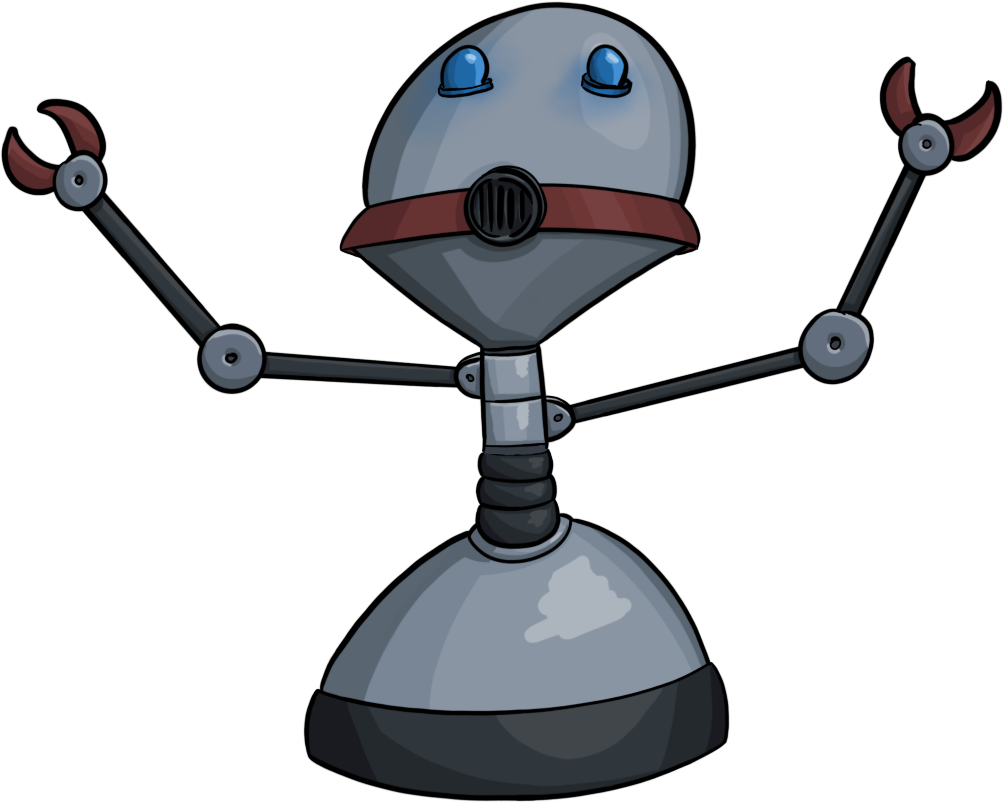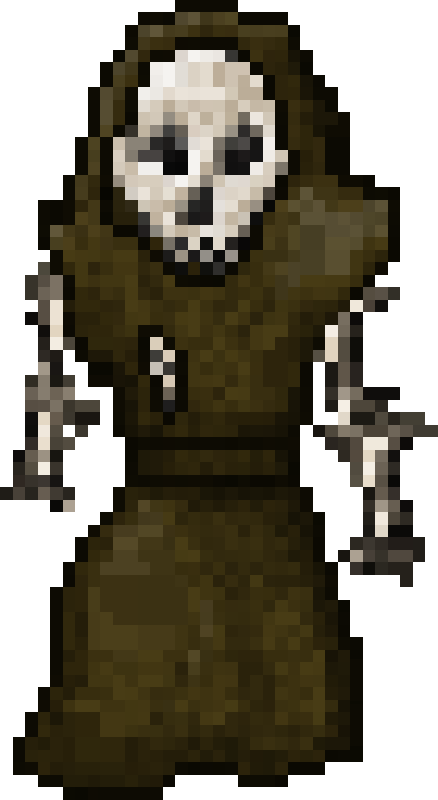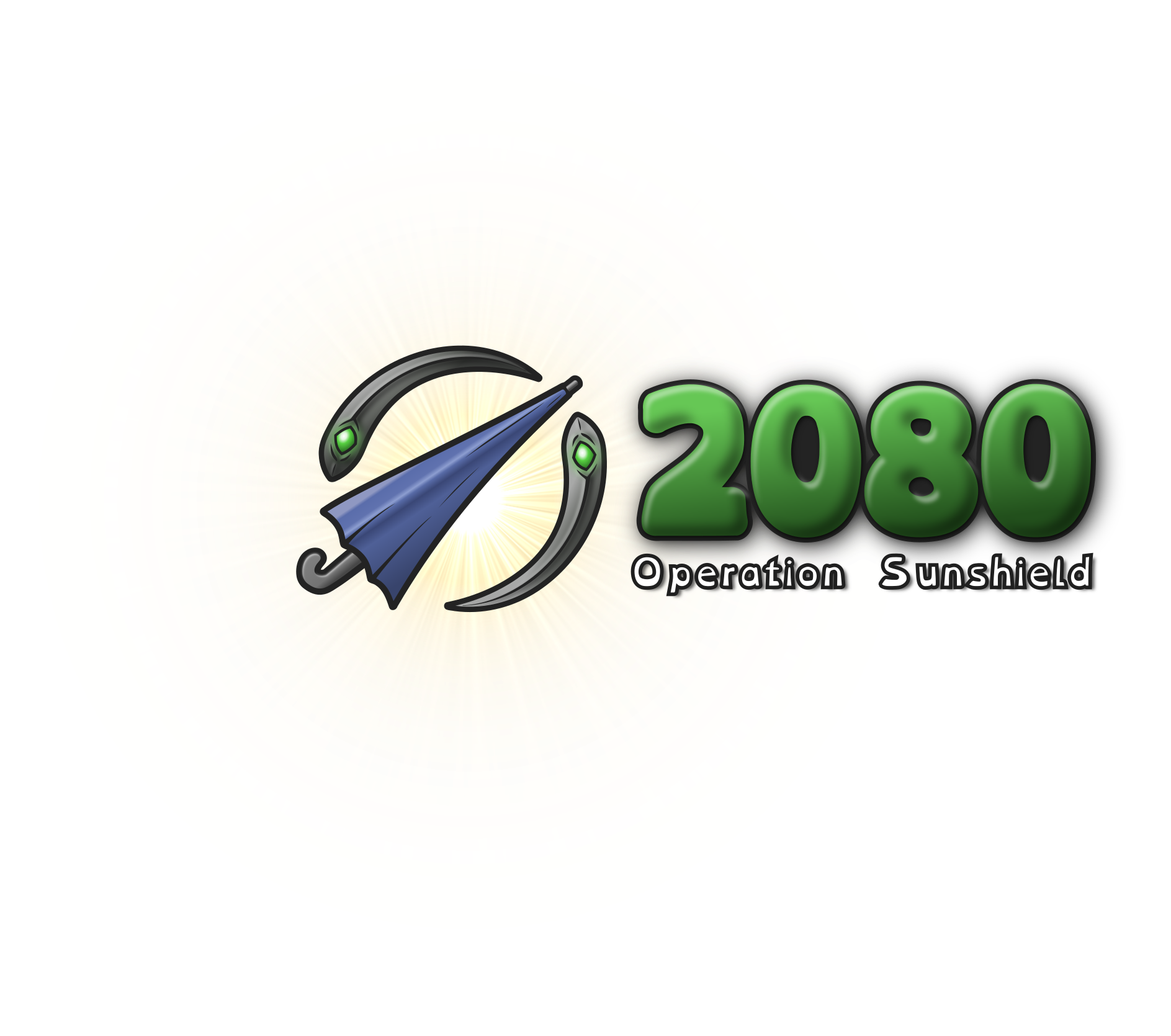2080
Our current game under development is a point and click adventure game that takes place in the near future:
The year is 2080.
Climate change has severely hit human society, and the only hope of making the planet habitable again is a successful geoengineering mission. A team of scientists and engineers has been sent into space to install a giant sunscreen to protect the Earth from solar radiation. However, after the mission gets off to a successful start, things begin to go wrong, putting the entire mission and the lives of the crew in danger.
You play the engineer Joy Davis, who is part of the crew that is send to the Lagrange Point L1 between earth and sun to deploy the sunshield.

The game humorously addresses the issue of anthropogenic climate change. It contains traces of sarcasm and does not take the laws of physics very seriously. Nevertheless, climate change is real and we cannot rely on as-yet-uninvented future technologies to stop it. Despite this topic's serious nature, it is possible (and necessary) to have a light-hearted discussion about it and we are looking forward to contribute to this discussion with 2080.
About us

OneBitWonder is a two-person game development team from North Germany. We were also responsible for the puzzle platformers Portal Dogs and Somyeol, as well as the retro dungeon crawler The Fire of Ardor - Quest for the Soul Stone. Our current project is the graphical adventure game 2080: Operation Sunshield.

The team consists of Kolja Lubitz and Carsten Pfeffer. We are both software developers and started developing games in our spare time. In 2020, we started to host the German podcast GameDev nach Feierabend ("GameDev after work") where we discuss topics related to part-time game development.

Carsten Pfeffer
Tools & Gameplay ProgrammingNarrative & Puzzle Design
2D Art & Music
Linkedin • Website / Portfolio
The ALPACA Engine
When starting the development of our adventure game "2080: Operation Sunshield", we had the challenge to choose a game engine. Considering the existing solutions for adventure game development, we asked ourselves whether we could come up with our own solution - a solution that could be open-source, cross-platform, and integrated with the Spine animation system.
Our solution is "ALPACA" - A Library for Point And Click Adventures. It combines existing solutions like Spine animations, Lua scripting and Rhubarb Lip Sync.

Further, it features an own node-based dialog system that is integrated seamlessly into the framework, but can also be used separately. The dialog system and editor "Schnack" is available as open source software. It not only features node-based editing and Lua integration, but also offers a builtin solution for localization and PDF export for recording voice acting.
The ALPACA Engine itself is also available as open source.

